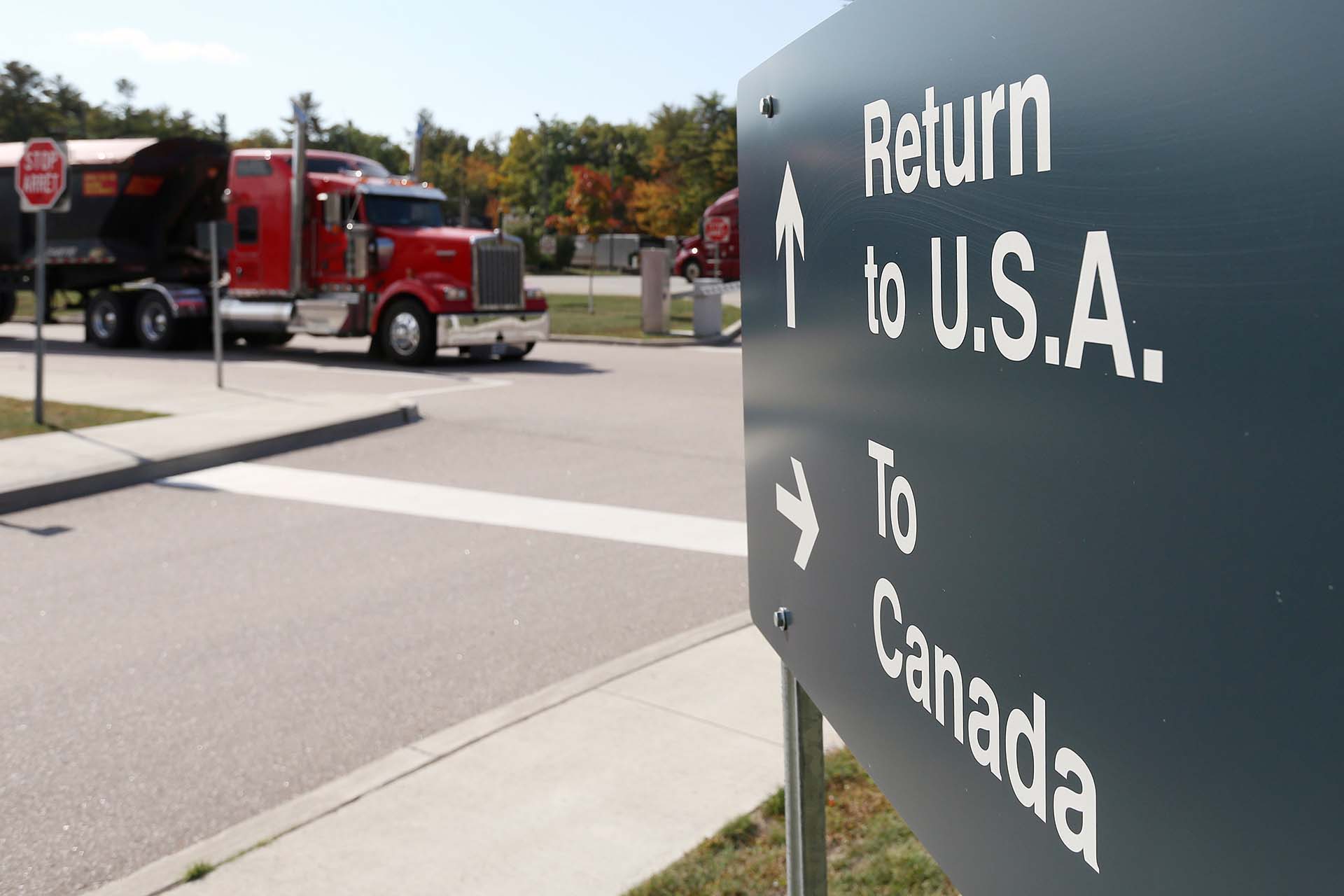
Common Challenges in Vehicle Importing and How to Overcome Them
Importing vehicles can be a complex process, often accompanied by various challenges. However, with careful planning and the right strategies in place, importers can overcome these hurdles and ensure a successful importation. This article addresses some of the common challenges faced by vehicle importers and offers practical solutions to navigate through them. From customs delays and paperwork complications to sourcing reliable suppliers and understanding import taxes and duties, we will explore ways to overcome these obstacles effectively.
1. Customs Delays:
One of the most common challenges in vehicle importing is encountering customs delays. Customs procedures and inspections can be time-consuming, resulting in unexpected delays. To overcome this challenge, it is essential to work with experienced Customs Brokers or Registered Importers who have a deep understanding of customs processes. They can help streamline documentation, ensure compliance with regulations, and proactively communicate with customs authorities to expedite the clearance process. Maintaining open lines of communication and providing accurate information can significantly reduce the chances of customs delays.
2. Paperwork Complications:
Importing vehicles involves extensive paperwork, which can be overwhelming and prone to errors. To overcome paperwork complications, it is crucial to stay organized and diligent throughout the process. Create a checklist of required documents and gather them well in advance. Thoroughly review and double-check all paperwork to ensure accuracy and completeness. Working with professionals such as Customs Brokers or Registered Importers can provide valuable assistance in managing and organizing the necessary paperwork. Their expertise can help navigate complex documentation requirements and minimize the chances of errors or omissions.
3. Sourcing Reliable Suppliers:
Finding reliable suppliers can be a challenge, especially when importing vehicles from different countries. To overcome this hurdle, conduct thorough research and due diligence on potential suppliers. Look for suppliers with a proven track record, positive reviews, and a strong reputation in the industry. Seek recommendations from trusted sources and consider engaging the services of reputable sourcing agents. Establish clear communication channels with suppliers and maintain open lines of dialogue to address any concerns or issues promptly. Building strong relationships with reliable suppliers can enhance the overall importation process.
4. Understanding Import Taxes and Duties:
Navigating the complexities of import taxes and duties is another challenge faced by vehicle importers. Each country has its own regulations and rates, making it essential to understand the specific requirements of the destination country. Research and consult with experts, such as customs specialists or tax advisors, to gain clarity on the applicable import taxes, duties, and tariff rates. Consider the potential financial implications and plan your budget accordingly. Being aware of these costs from the outset allows for better financial planning and avoids surprises during the importation process.
5. Compliance with Safety and Emission Standards:
Complying with safety and emission standards can pose a significant challenge for vehicle importers. Different countries have varying regulations and requirements regarding safety features and emissions levels. Ensure thorough research and understanding of the destination country’s safety and emission standards. Work with Registered Importers or trusted professionals who are well-versed in these regulations. They can guide you through the process of obtaining necessary certifications, conducting required inspections, and making any modifications to meet the standards. Prioritizing compliance ensures a smoother importation process and mitigates potential issues or rejections at the destination.
6. Proactive Communication and Planning:
Effective communication and proactive planning are vital in overcoming challenges in vehicle importing. Maintain regular contact with all relevant parties involved in the importation process, including suppliers, Customs Brokers, freight forwarders, and authorities. Be proactive in seeking updates, clarifying any doubts, and addressing any issues that may arise. Stay informed about changes in regulations or procedures that may impact the importation process and adjust your plans accordingly. By fostering clear communication channels and staying ahead of potential challenges, importers can navigate
Conclusion: Importing vehicles can be a complex endeavor, but by understanding and addressing common challenges, importers can overcome them successfully. From managing customs delays and navigating paperwork complications to sourcing reliable suppliers and complying with safety and emission standards, careful planning, proactive communication, and the support of trusted professionals play a crucial role. By adopting these strategies, importers can navigate the vehicle importation process with confidence, ensuring a smooth and successful importation. the importation journey more efficiently.



